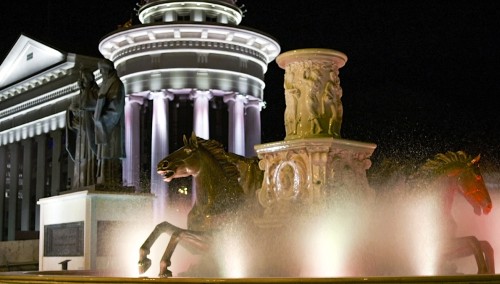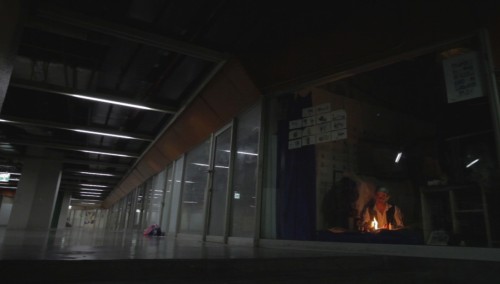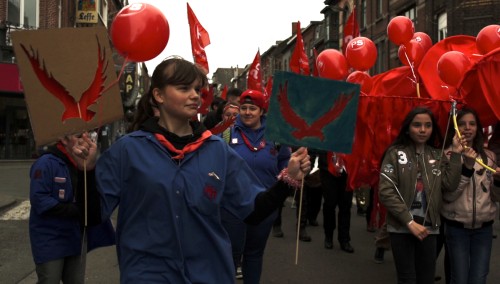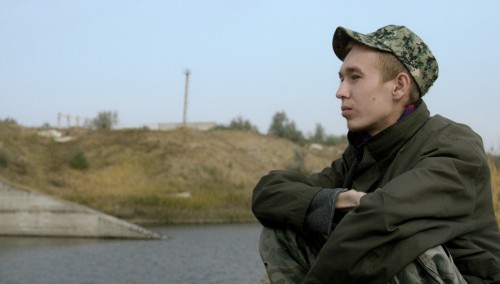Architecture and Society 2019
Space stores the time that engraves itself in it. It is an omnipresent time machine that we encounter in the shape of cities, villages and a seemingly innumerable amount of buildings. We can read our history in constructed space, it mirrors models of society, political systems, and historic upheavals just as much as individual lives. Newer cultural history studies increasingly consider treating architecture not to be final when construction is completed, but rather focus on how buildings are treated by society and on their continuous transformation. Architecture, because of its inherent public character, is constantly subjected to collective identities and their interests. Practices of designing and the appropriation of space change throughout the course of history, they produce layers through additional constructions, abrasion, repurposing, renovation, destruction, demolition or dereliction, which co-determine our built environment.
Under the title of “Space, Time, History”, the program section Architecture and Society, the successful collaboration of Crossing Europe and the afo architekturforum oberösterreich celebrates its tenth edition. The program also represents the kick-off to the current content focus of the architekturforum that will be presented to the public in fall 2019 as the result of the research project “Kontaminierte Orte”. The focus of the planned exhibition will be on specifically selected sites in Upper Austria that tell various stories of disaster, crime, and social upheaval.
Set against this backdrop, this year’s film program at Crossing Europe is a collection of four documentaries and one short film that in different ways uncover the historical and cultural layers and stories of spaces. In Alexandra Westmeier’s visually stunning documentary Lost Reactor, we will meet the protagonists Olga, Vitaly, and Sergey who found a place of refuge in the ruins of a nuclear reactor on the Crimean peninsula. The course of history, from the fall of the Soviet Empire up to the annexation of Crimea, meets individual living realities.
Another temporary refuge for people living on the fringes of society is Tel Aviv’s main bus terminal. Tomáš Elšík’s Central Bus Station portrays this immense transportation building as a melting pot of Israeli society, thereby giving us impressive insight into the history of the country.
An old apartment, crammed up to the ceiling with stuff and memories, turns out to be a real time capsule in Romanian filmmaker Nora Agapi’s award-winning film Timebox. It is an intimate portrait of Agapi’s father, a photographer and filmmaker himself, who is one of the most important chroniclers of the country. Adnan Softić’s short film Bigger Than Life deals with the North Macedonian capital Skopje and poses pointed questions about the construction of a fictitious history through local building activity. Guy-Marc Hinant accomplishes a multifaceted approach to the Belgian industrial city of Charleroi in his essayist documentary Charleroi, the Land of 60 Mountains that tells of the history of the city while simultaneously taking a look at its future.





